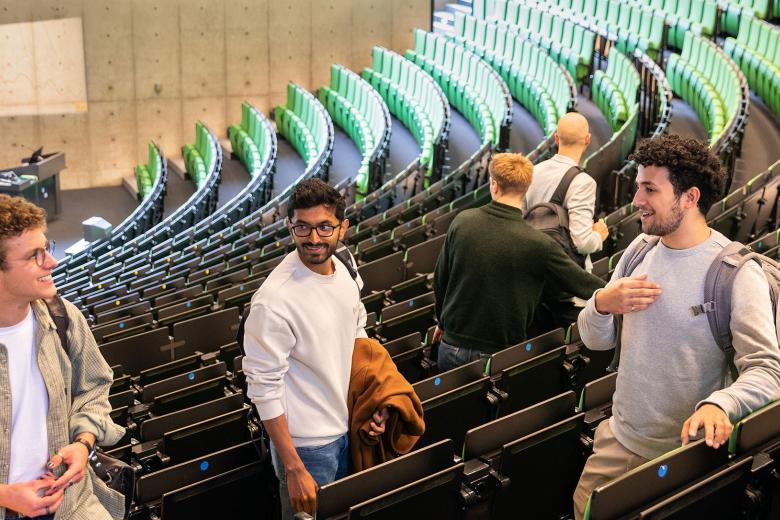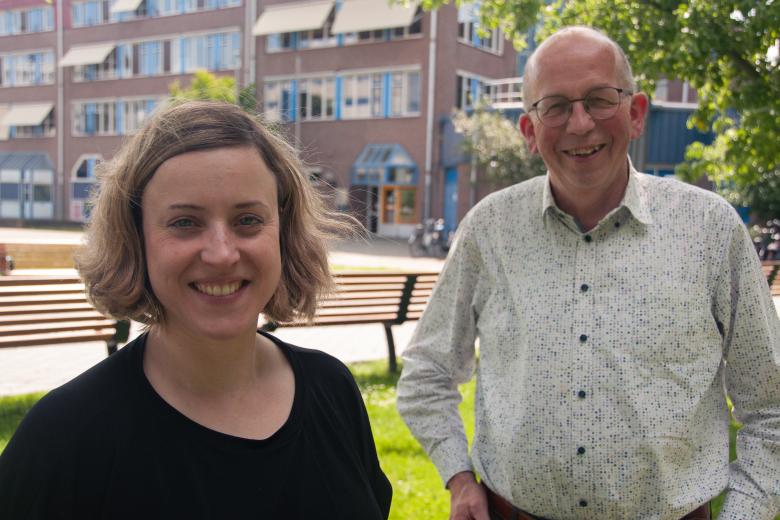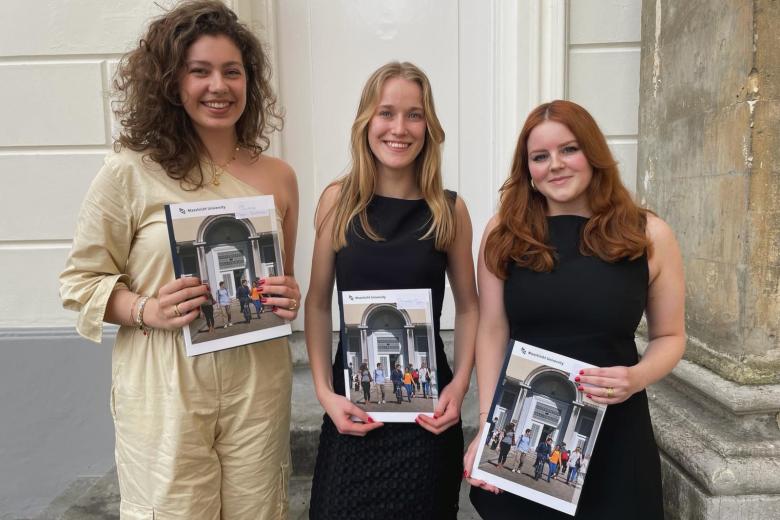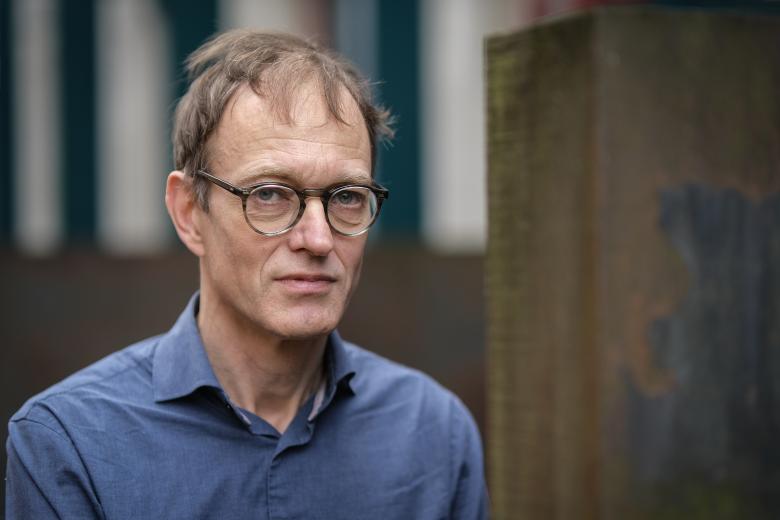Regenerative medicine collab receives millions for developing smart materials
The DRIVE-RM consortium, including UM-professor Clemens van Blitterswijk and his team, has been awarded €37.5 million under the prestigious NWO SUMMIT program. The SUMMIT grant recognizes world-class collaborations, while further strengthening these partnerships.



